As technology continues to reshape our world at an unprecedented pace, the need to transform our educational systems has become more urgent than ever. Education reform now stands as a top national priority, with researchers working tirelessly not just to enhance how students learn but also to address broader economic and social issues that our communities face.
This critical intersection of research and practice was the focus of the conference “Advancing Education for Tomorrow’s Workforce: Competencies, Policies, and Curricula,” hosted by the Modern University for Business and Science (MUBS) and the Cultural and Educational Institute for Development & Research (CEIDR) on May 14 at the Badaro campus.
“Our current fixed curricula and traditional methods fall short for a generation born into the digital age,” said Dr. Violla Makzhoum, Secretary General of CEIDR, in her opening address. “We need a bold shift in the educational system that puts students at the center, rethinks how we teach and learn, and values the life, digital, and social skills necessary to create productive citizens and innovative nations.”
Dr. Hatem Alamy, Chairman of MUBS and Senate President of CEIDR, reflected on our new digital reality and what philosophy to adopt. “The world has risen after a long period to find itself facing a digital flood that has not spared any door, window, or opening to enter through.” He continued, “How can we blend creativity with values? Our creative Lebanese citizens must work on cultural decolonization and stay connected to their historical and cultural roots. Identity matters now more than ever. As digital influences grow, we must equip ourselves and our children with strong values and unite around a national identity to protect our cultural heritage.”
Dr. Fadia Hussein, a university lecturer and education researcher, moderated the first scientific session, titled “Building Future Competencies in Education.” She said, “The development of education has become an urgent necessity to meet the requirements of future jobs and to prepare generations able to interact with the challenges of the era and invest in its opportunities.” She added, “We meet today at this conference with the belief that dialogue and the exchange of expertise between decision-makers, educational experts, and researchers is the optimal path to draw a clear roadmap for education development that guarantees our children a bright future and our society more progress and prosperity.”
“In Lebanon, curricula were developed three times: in 1946 after independence, then in 1968, and in 1997. That’s approximately a quarter century between each curriculum. There is a law that states our curricula should evolve every 3 years, which means we have skipped 9 opportunities to develop our curricula,” explained Professor Hiam Ishaq, Head of the Center for Educational Research and Development (CRDP), during her presentation. She described many initiatives and workshops that stayed incomplete, as well as extracurricular activities on child safety, reproductive health, and environmental education that never found a place in the main curriculum. Her talk showed the blocks that stop timely educational reform in Lebanon.
Professor Mohamad Rammal, from the Faculty of Education at Saint Joseph University of Beirut, pointed out, “Market studies show that modern jobs demand diverse future competencies: critical and creative thinking, problem solving, collaboration, and communication.” He added, “Students must develop critical thinking to comprehend social and political issues. These skills help create aware citizens who can analyze world events with depth and nuance.”
“How can we activate complex assessment situations in an educational context that still relies to a substantial extent on memorization and inculcating instruction?” questioned Professor Scarlett Sarraf, Head of the Department of Educational Sciences at the Faculty of Education at the Lebanese University, second branch. “Most questions in our schools still test memorization rather than deeper skills.” Professor Sarraf described how teachers struggle to implement these assessments when students expect simple answers instead of complex solutions. She outlined the practical hurdles teachers face with complex assessments and concluded, “Competency assessment can transform education quality and connect it to real-world contexts,” calling for education reform that makes authentic assessment central to how students learn.
“The World Economic Forum’s 2023 report predicted that over 50% of workers will need to learn new skills in the next five years,” Dr. Violla Makzhoum warned during the second scientific session, titled “Aligning Education with Labor Market Requirements,” which Dr. Paula Hage Boutros, Chair of the Nutrition Department at MUBS, moderated. “Digital transformation, artificial intelligence, and remote work exist now as real aspects of our daily lives, not just abstract ideas,” she noted. “We must accept this truth: we all face potential job market crises within five years if we fail to build these digital skills now,” Dr. Makzhoum warned. She added that Lebanon often adopts such trends with delay due to various circumstances, yet stands firm in its educational reform efforts.
Dr. Nadim Mansouri, professor of sociology at the Lebanese University, asked, “How can we connect humanities with digital technology to address the social effects of our tech-driven world?” He clarified, “When we talk about technology, our attention often moves to technical aspects, but I want to show how humanities, especially sociology, must blend with digital technology.” Dr. Mansouri raised vital questions about whether our real-life conduct reflects our online behavior and how social rules differ between physical and virtual spaces. He also examined the obstacles to digital transformation in Lebanon, with questions about how these plans mirror social realities in a country that battles corruption while it tries to adopt new governance models.
The session continued with Dr. Rola Bou Serhal, Chair of the Research Department at MUBS, who focused on the benefits of practical education, including internships and apprenticeships. She explained how schools place students in work environments such as hospitals, medical centers, or optometry clinics to observe professionals at work; thus, students can build a connection between conceptual understanding and hands-on application in the labor market.
“We must work to prevent the brain drain to other countries,” noted Mrs. Hana Nehme Haidar, Director of Human Resources at the Chamber of Commerce, Industry & Agriculture of Beirut & Mount Lebanon. In her address, she emphasized the dual challenge that faces Lebanese society: the need for better education and the effort to help students reach secure positions in the job market. She also stressed how the Chamber of Commerce is implementing work-study, entrepreneurship, and startup plans.
The third scientific session, titled “Modernization of Pre-University and Vocational Education,” moderated by Dr. Jeanne Andary, Associate Professor at the Faculty of Health Sciences at MUBS, included participation from Dr. Hiam Lotfi, Dean of the Faculty of Arts and Sciences at MUBS, and Dr. Iman Rabah, Dean of Quality Assurance at MUBS. The speakers addressed the scientific curricula in Lebanon with emphasis on ethical competence and citizenship values. They also discussed the gradual integration of vocational education from elementary grades and explored quality standards in education.
This conference marks a key step toward educational reform in Lebanon. The ideas and outcomes of this event will likely shape education policy talks in Lebanon for years to come.
This event affirms MUBS’s commitment to UN Sustainable Development Goals (SDGs), specifically SDG 1 (No Poverty), SDG 4 (Quality Education), SDG 10 (Reduced Inequalities), SDG 16 (Peace, Justice, and Strong Institutions), and SDG 17 (Partnerships to Achieve the Goals). For more about MUBS’s efforts toward achieving UN SDGs, visit our page: www.mubs.edu.lb/sdg.
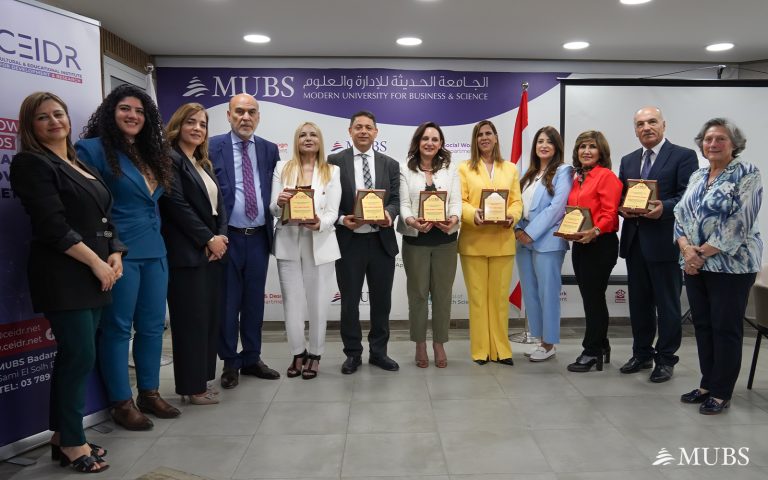
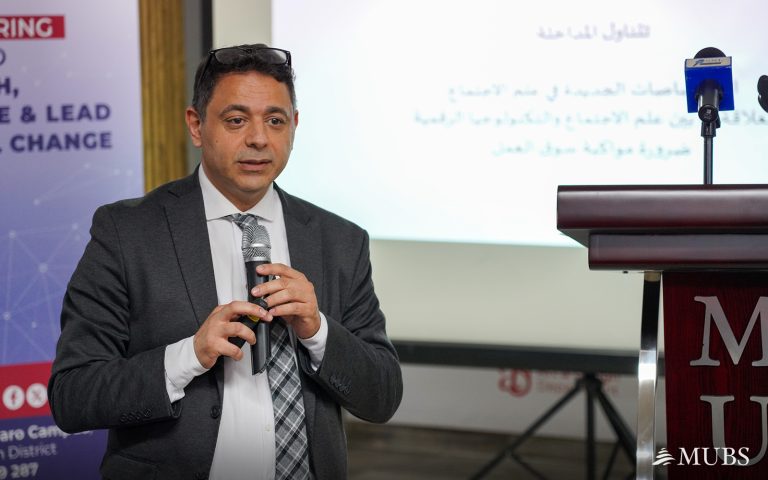

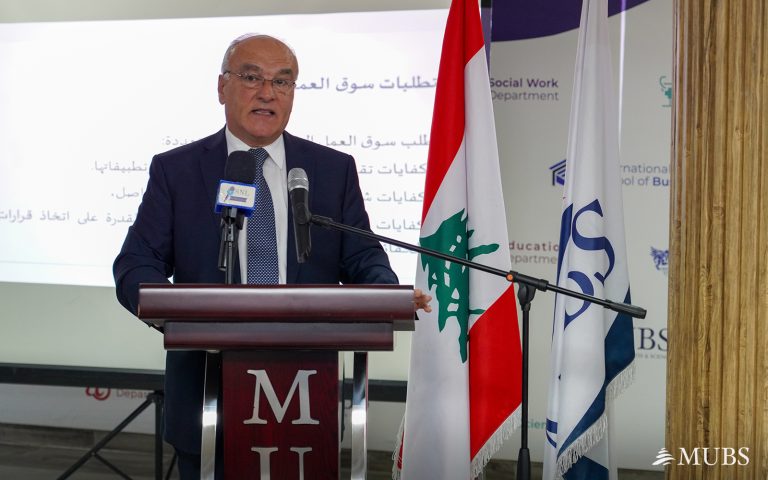
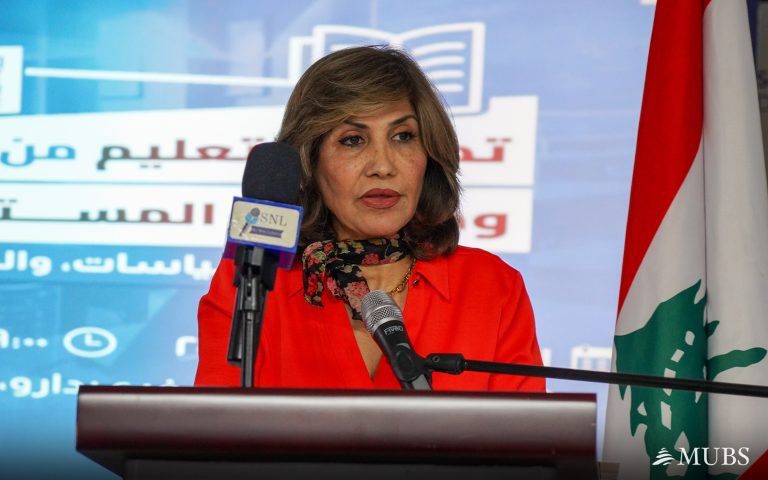
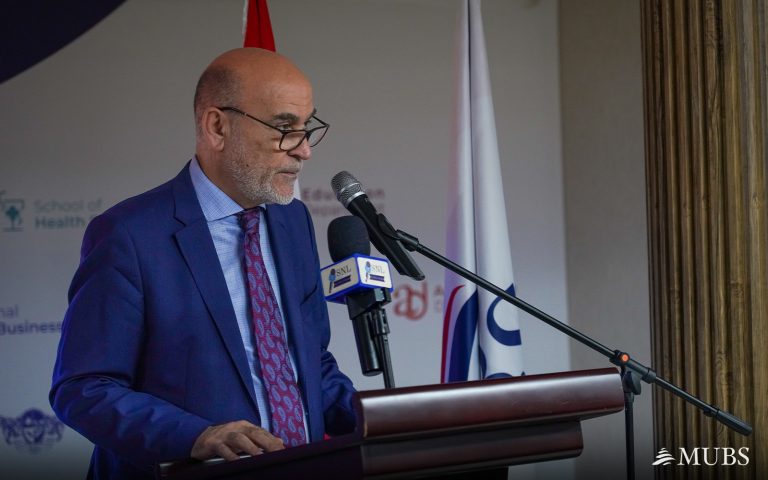
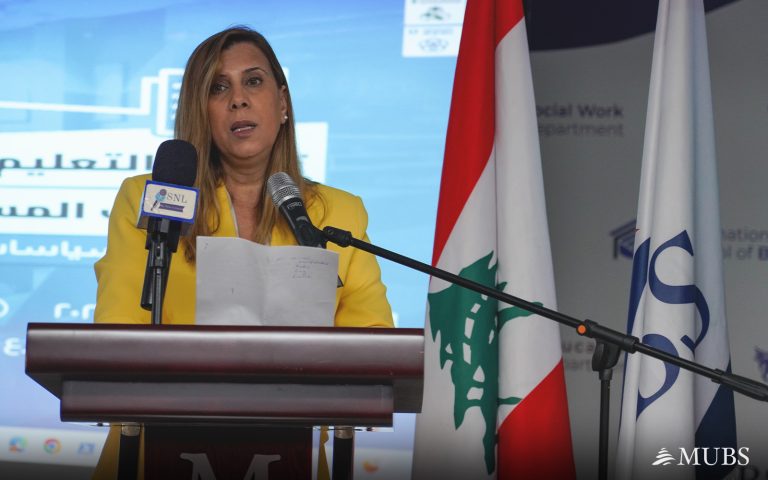
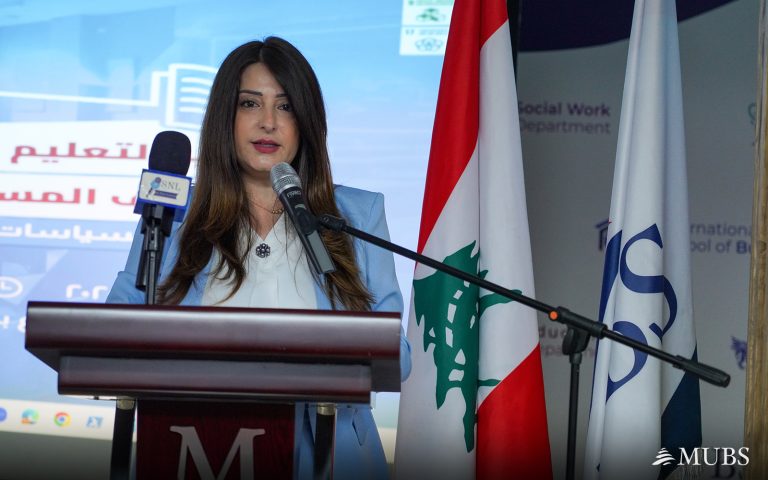
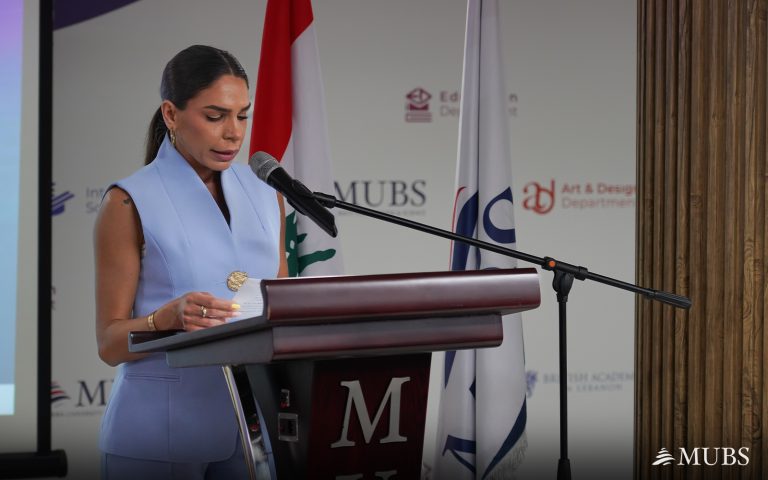
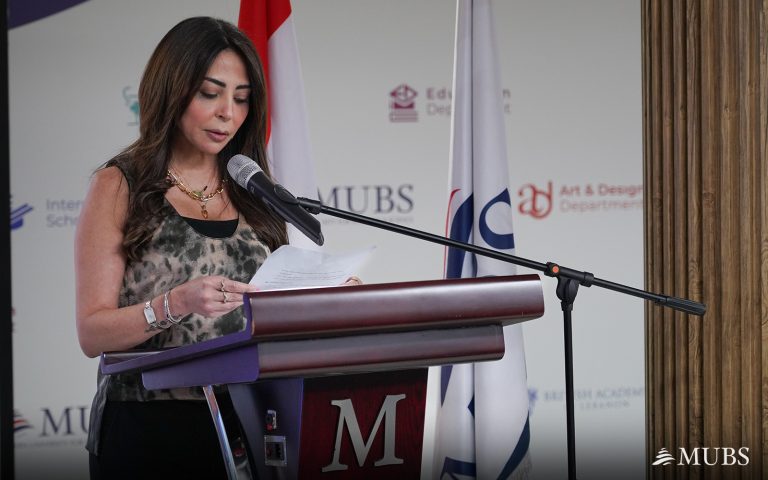
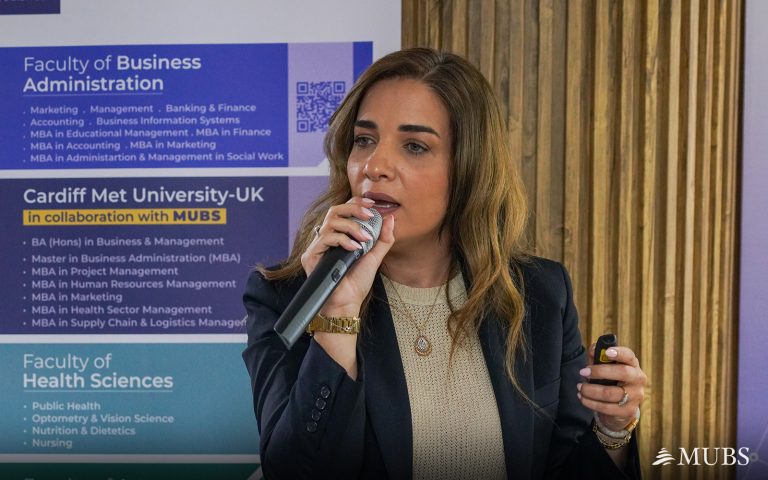
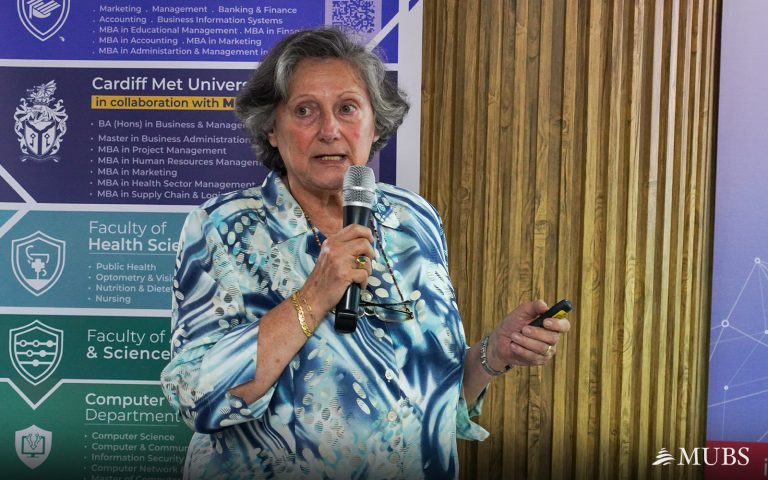
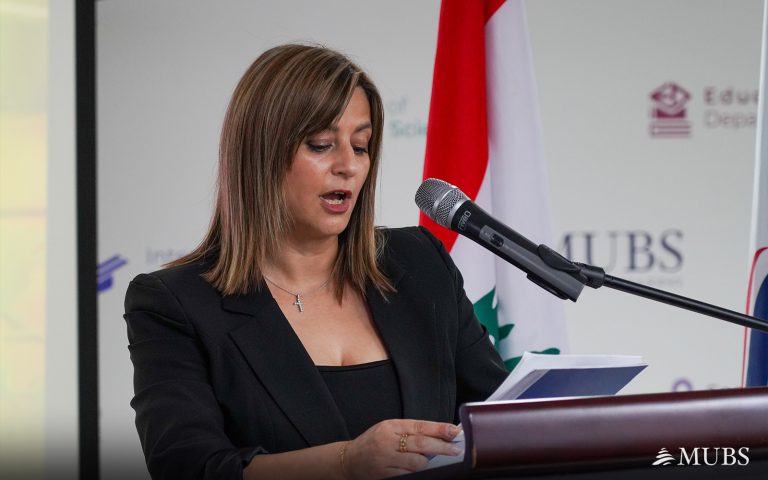
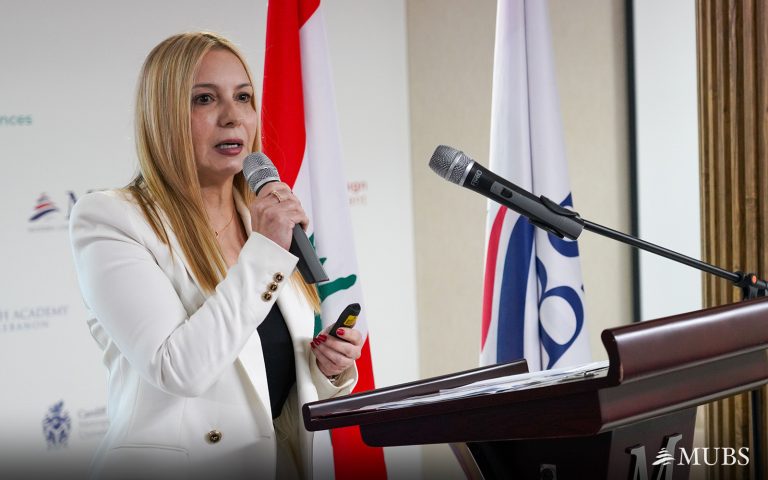
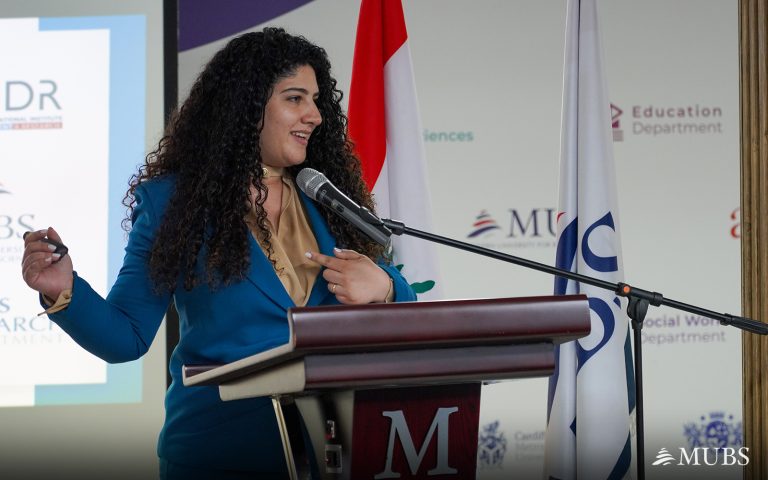
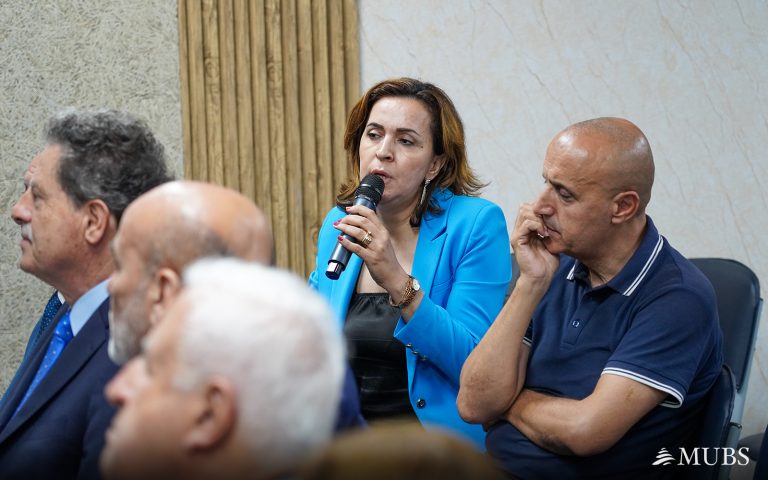
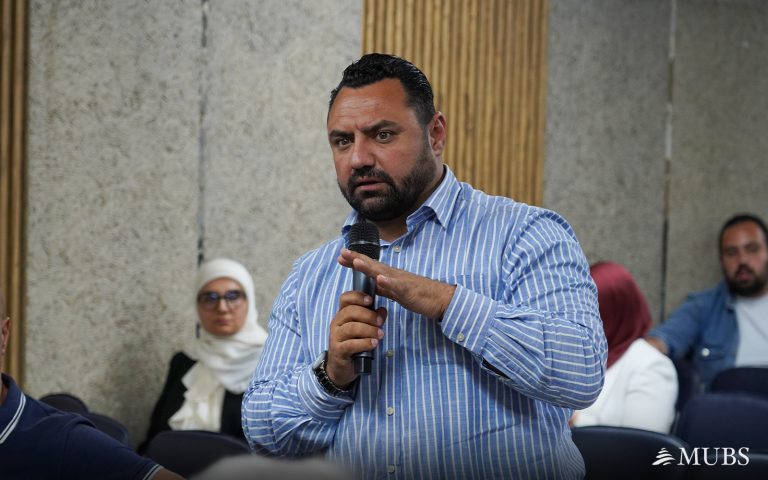
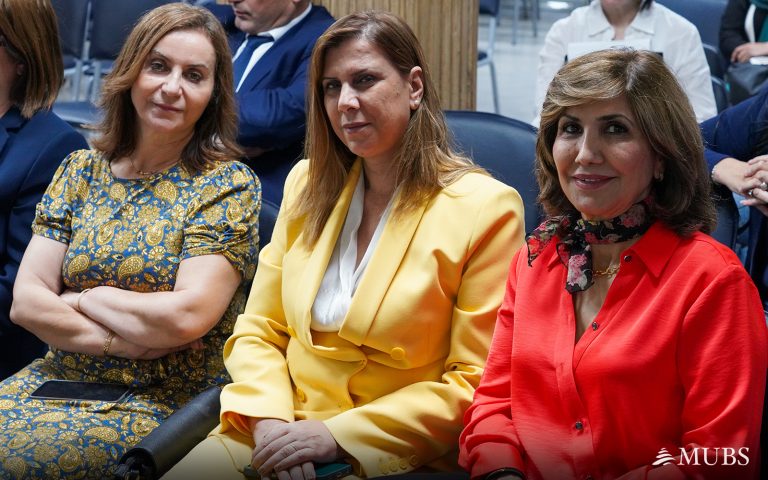
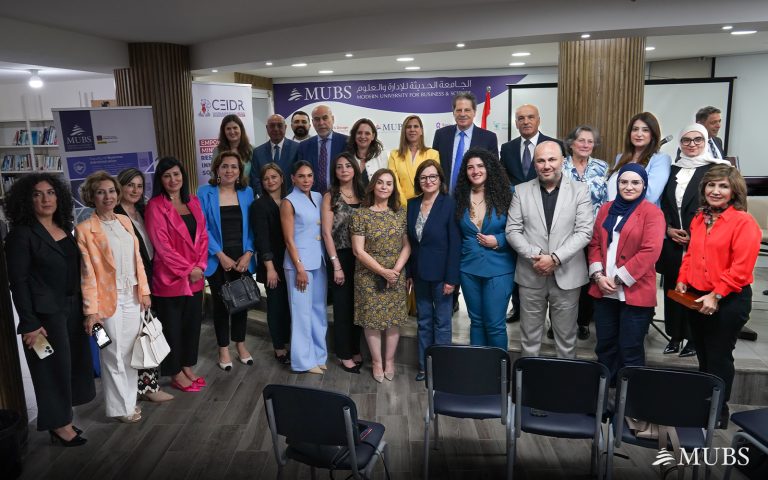
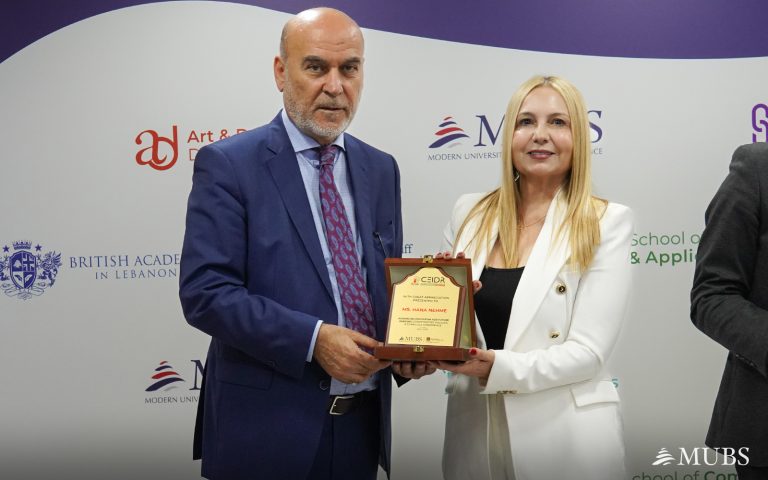
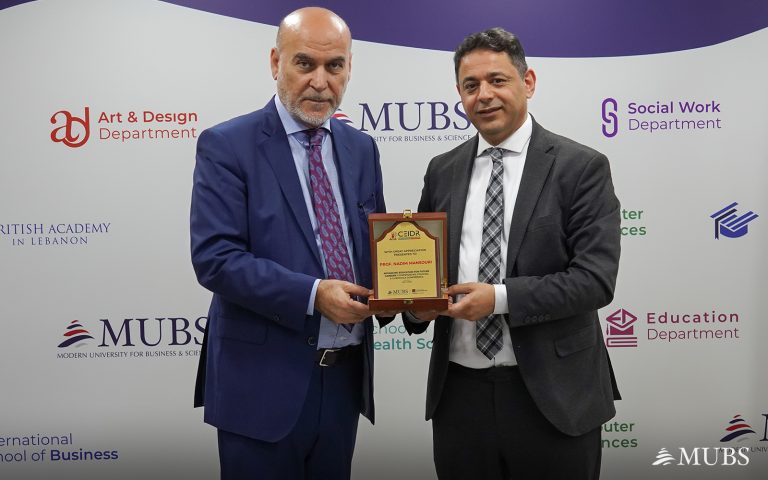
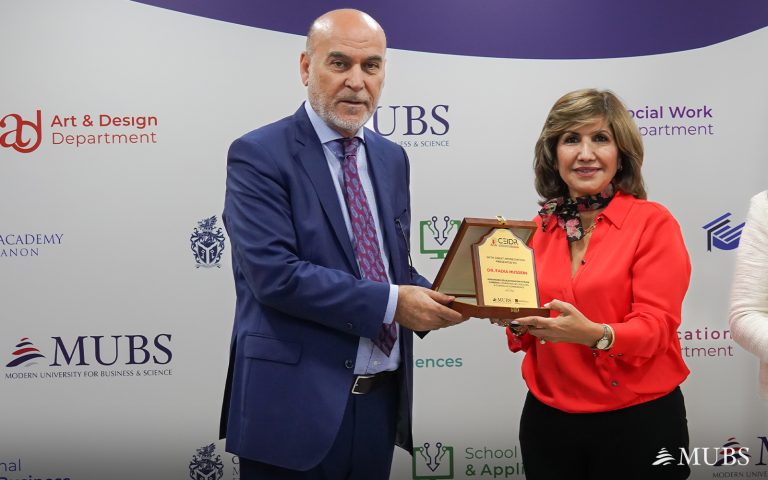
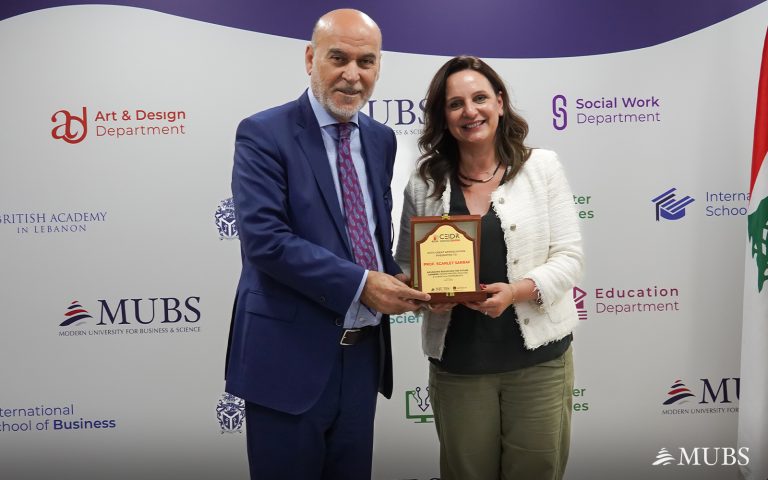
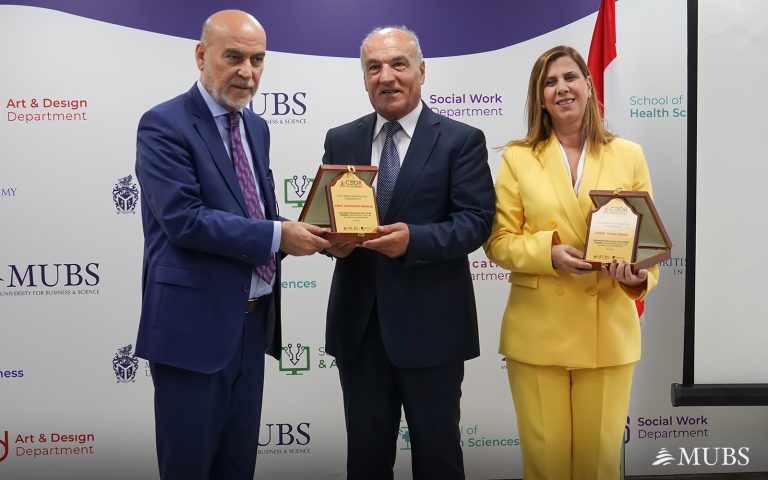
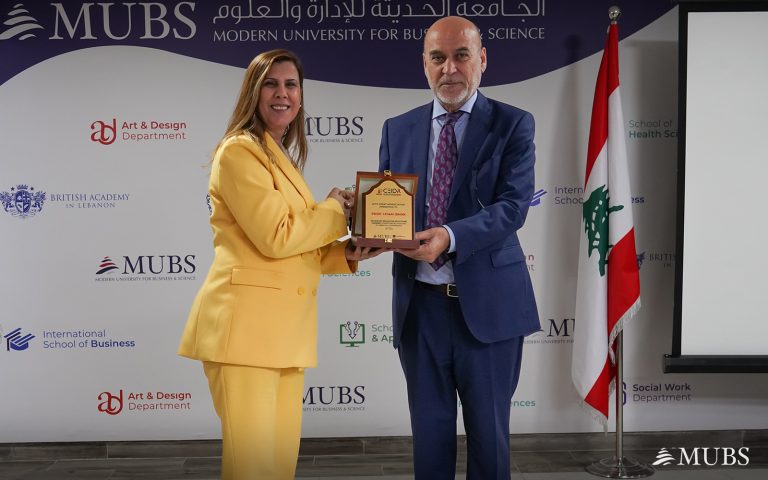
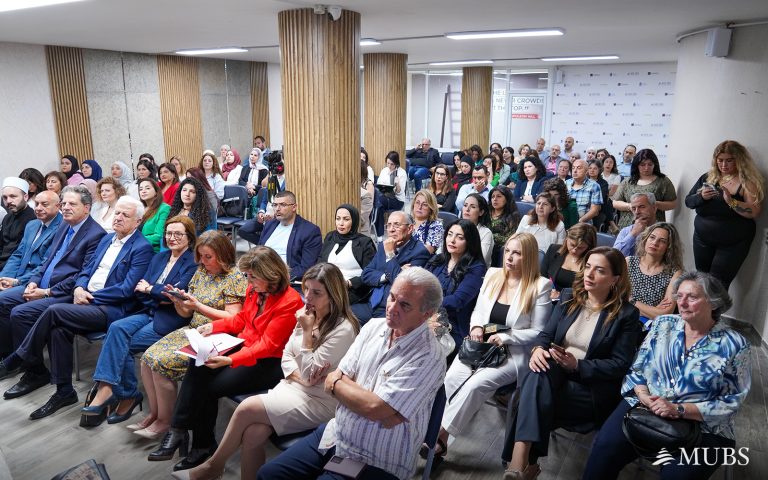
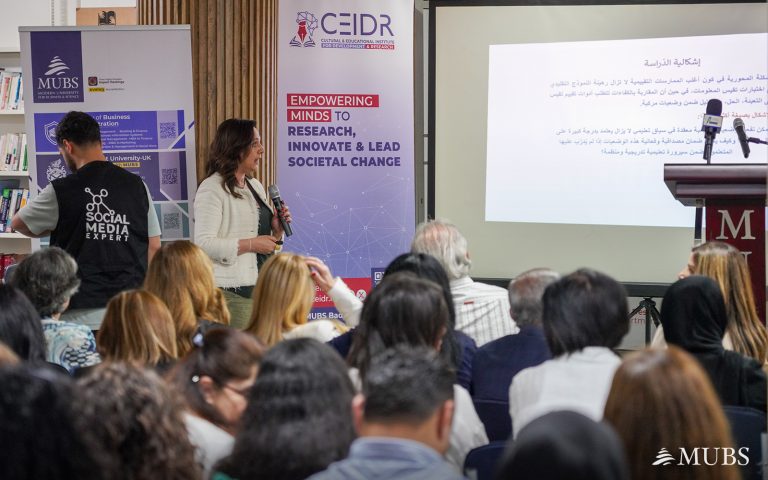
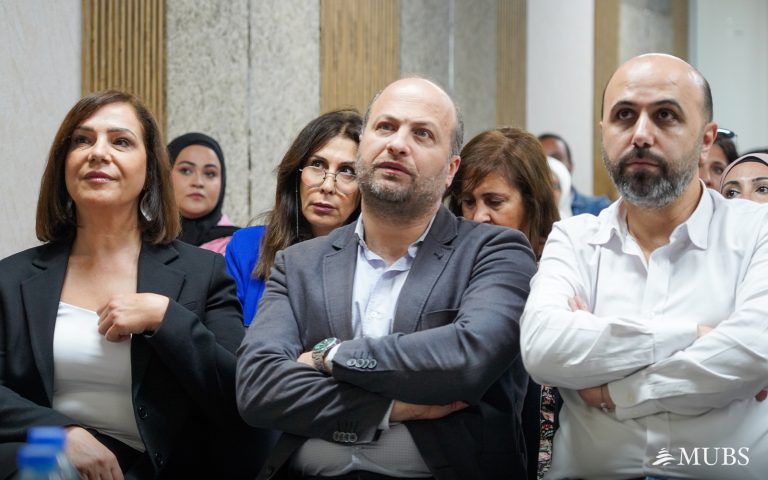
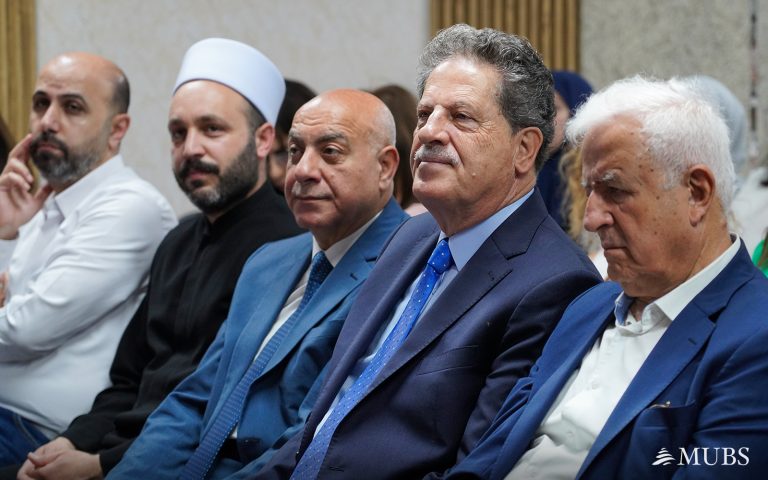
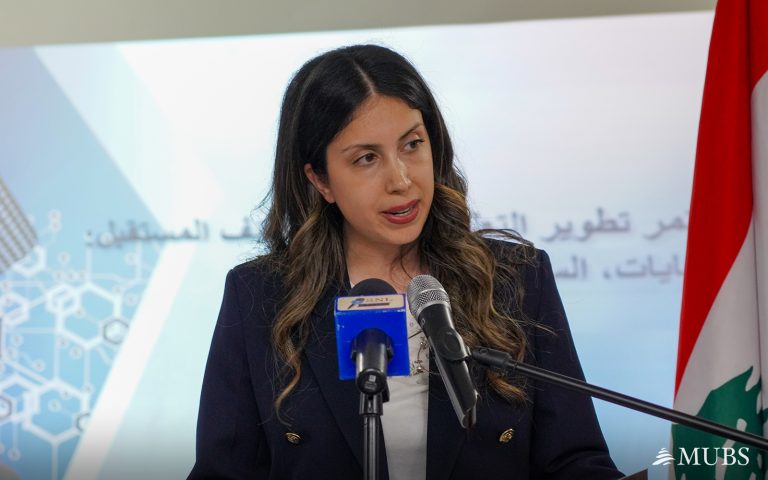
Speakers:
Contact Us
Phone
03 789 287
info@ceidr.net
Location
MUBS Badaro Campus, Sami El Solh District
Website
www.ceidr.net
